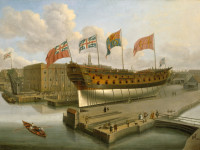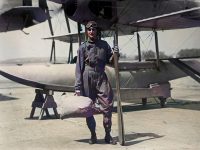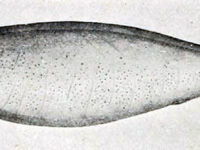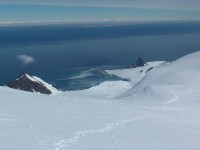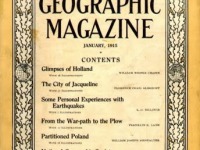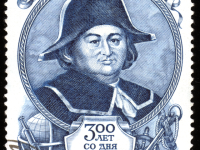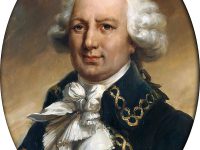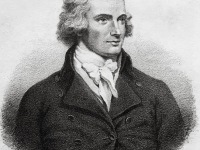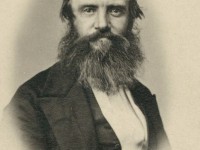Arthur Phillip – Commander of the First Fleet
On May 13, 1787, the First Fleet commanded by Captain (later Admiral) Arthur Phillip, left Portsmouth, England, to found a penal colony that became the first European settlement in Australia. Arthur Phillip – Early Years Arthur Phillip was born in the parish of London in 1738 and enrolled at Greenwich School for the sons of seamen. After two years at sea his apprenticeship in the mercantile service was completed and afterwards, he…
Read more

